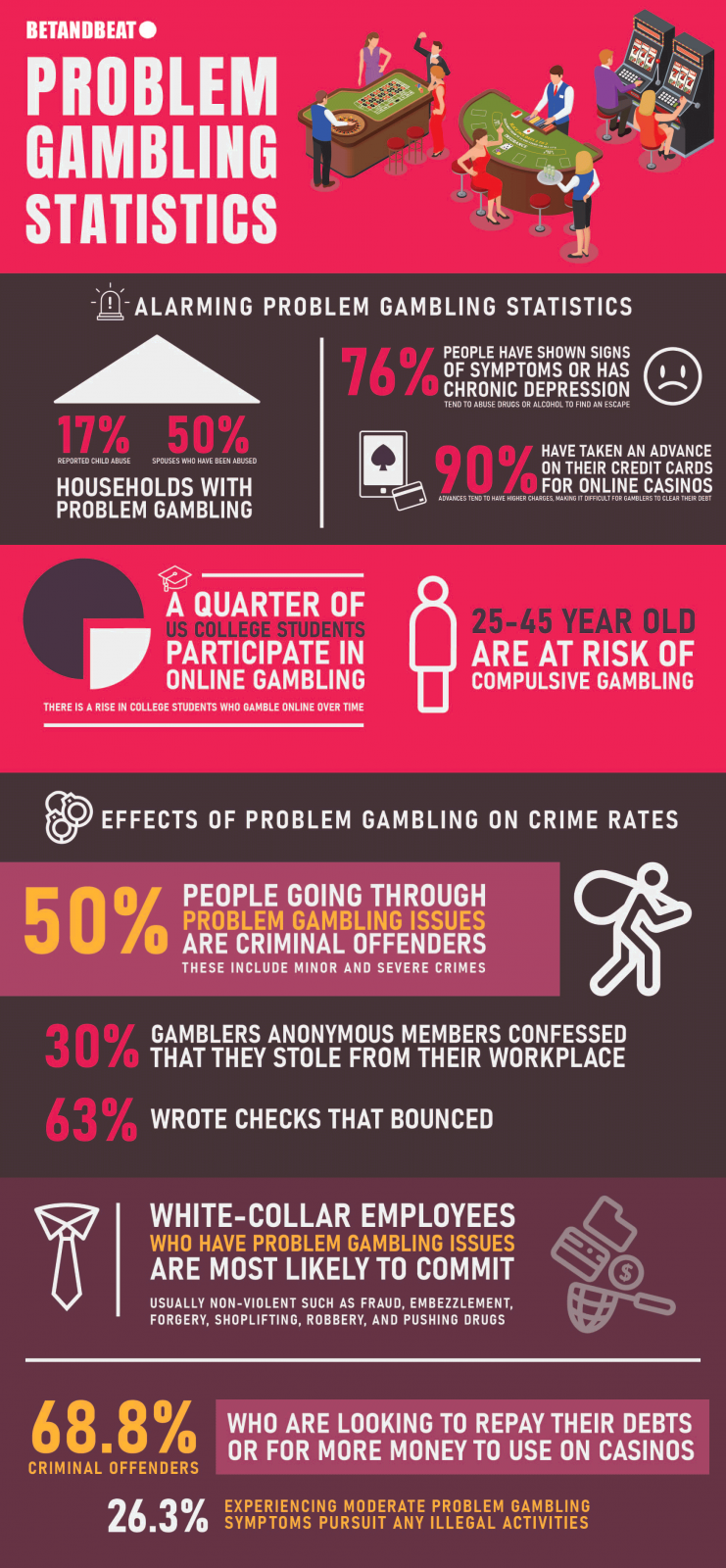Gambling facts reveal an intriguing dimension to this exhilarating activity, where chance and strategy intertwine. Understanding key aspects such as gambling psychology, responsible gambling, and the economic impact of gambling can transform your playing experience. With so many myths about gambling circulating, it’s vital to dissect these falsehoods and recognize the true nature of gambling randomness. Players often overlook the influence of psychological factors that can either enhance or detract from their enjoyment. By grasping these gambling facts, you not only improve your gameplay but also foster a healthier and more informed approach to betting.
When we delve into the world of games of chance, it’s essential to familiarize ourselves with important truths that underpin this thrilling pastime. Terms like gambling analysis, smart betting strategies, and betting ethics come to the forefront, shaping our understanding of how to approach gaming responsibly. By navigating through prevalent misconceptions and acknowledging the influence of luck versus skill, enthusiasts can elevate their gameplay while remaining grounded. The interplay between chance and informed decision-making creates a compelling narrative, inviting players to explore this vibrant landscape with confidence and mindfulness. Thus, adopting these insights sets the foundation for a healthier gambling experience.
Gambling Facts Every Player Should Know
Gambling facts shed light on essential aspects of the gaming experience that can significantly influence player outcomes. One pivotal fact is that gambling is fundamentally a game of chance, governed by the laws of randomness. This means that no matter how strategic your approach may seem, the outcome of any gamble is ultimately independent of previous results. For instance, the common belief that players are due for a win after a streak of losses is a clear example of the gambler’s fallacy. Understanding this principle can profoundly alter how players manage their expectations and strategies during gameplay.
Furthermore, engaging with foundational gambling facts encourages responsible gaming practices. Many players often overlook the importance of knowing their limits, which can be detrimental to their financial well-being. With a solid grasp of gambling facts, you can better distinguish between entertainment and potential pitfalls, aligning your mindset towards an enjoyable yet cautious approach to gaming. This awareness not only enhances your decision-making but also fosters a more positive attitude towards gambling.
The Importance of Responsible Gambling Practices
Responsible gambling practices are essential to ensure that players maintain a healthy relationship with gaming. Recognizing the psychological triggers that can lead to problematic gambling behaviors is a crucial step in fostering responsible gaming. By being aware of your emotional state and understanding how factors like peer pressure and stress can influence your gambling behavior, you can take proactive measures to stay in control. This includes setting strict spending limits and taking regular breaks, which can significantly enhance focus and decision-making during gameplay.
Additionally, responsible gambling practices emphasize the importance of creating a structured gambling plan. This means having clearly defined goals and limits before you start playing. By treating gambling as a form of entertainment rather than a source of income, players can better appreciate the experience without the stress of chasing losses or the misleading hope of winning big. In turn, adopting this mindset can diminish the risk of developing negative gambling habits, leading to a more enjoyable and sustainable gambling experience.
Frequently Asked Questions
What are some common myths about gambling that players should know?
Many players fall prey to common myths about gambling, such as the belief that they’re ‘due for a win’ after a series of losses. This misconception stems from the gambler’s fallacy, which falsely suggests that past outcomes influence future results. Understanding the randomness of gambling outcomes is crucial; each bet is independent, meaning your chances of winning do not change based on previous losses. By debunking these myths, you can make better-informed decisions and avoid impulsive betting behaviors that could lead to financial losses.
How does gambling psychology impact responsible gambling practices?
Gambling psychology plays a significant role in how individuals engage with games of chance and can heavily influence their gambling behavior. Recognizing the psychological triggers, such as peer pressure or emotional stress, is essential for responsible gambling. Understanding these factors allows players to adopt strategies, such as setting time and budget limits, which help maintain control over their gaming. By being aware of the psychology behind their choices, gamblers can enhance their experiences and ensure that their gambling remains a form of entertainment rather than a means of escaping problems.
| Key Points | Summary |
|---|---|
| Understanding Randomness | Gambling outcomes are independent events, and understanding this helps avoid flawed betting decisions. |
| Psychology of Gambling | Awareness of psychological factors and gambling addiction can lead to better gameplay and safer practices. |
| Myths vs. Facts | Differentiating between gambling myths and facts is essential for making informed betting decisions. |
| Responsible Gambling Practices | Setting limits and knowing when to take breaks are key strategies for responsible gambling. |
| Economic Aspects | Viewing gambling as entertainment helps maintain a healthy relationship with gameplay and finances. |
Summary
Gambling Facts can dramatically affect your gameplay by equipping you with essential insights that encourage responsible and informed decisions. Knowledge about randomness, psychological influences, and the reality behind common myths is crucial for any gambler. These facts not only enhance your understanding of the games you play but also help you mitigate risks associated with gambling addiction and financial loss. Emphasizing responsible gambling practices like setting limits and treating gambling as mere entertainment fosters a healthier and more enjoyable experience. Adopting these principles can transform your relationship with gambling and maximize the enjoyment derived from this thrilling activity.
